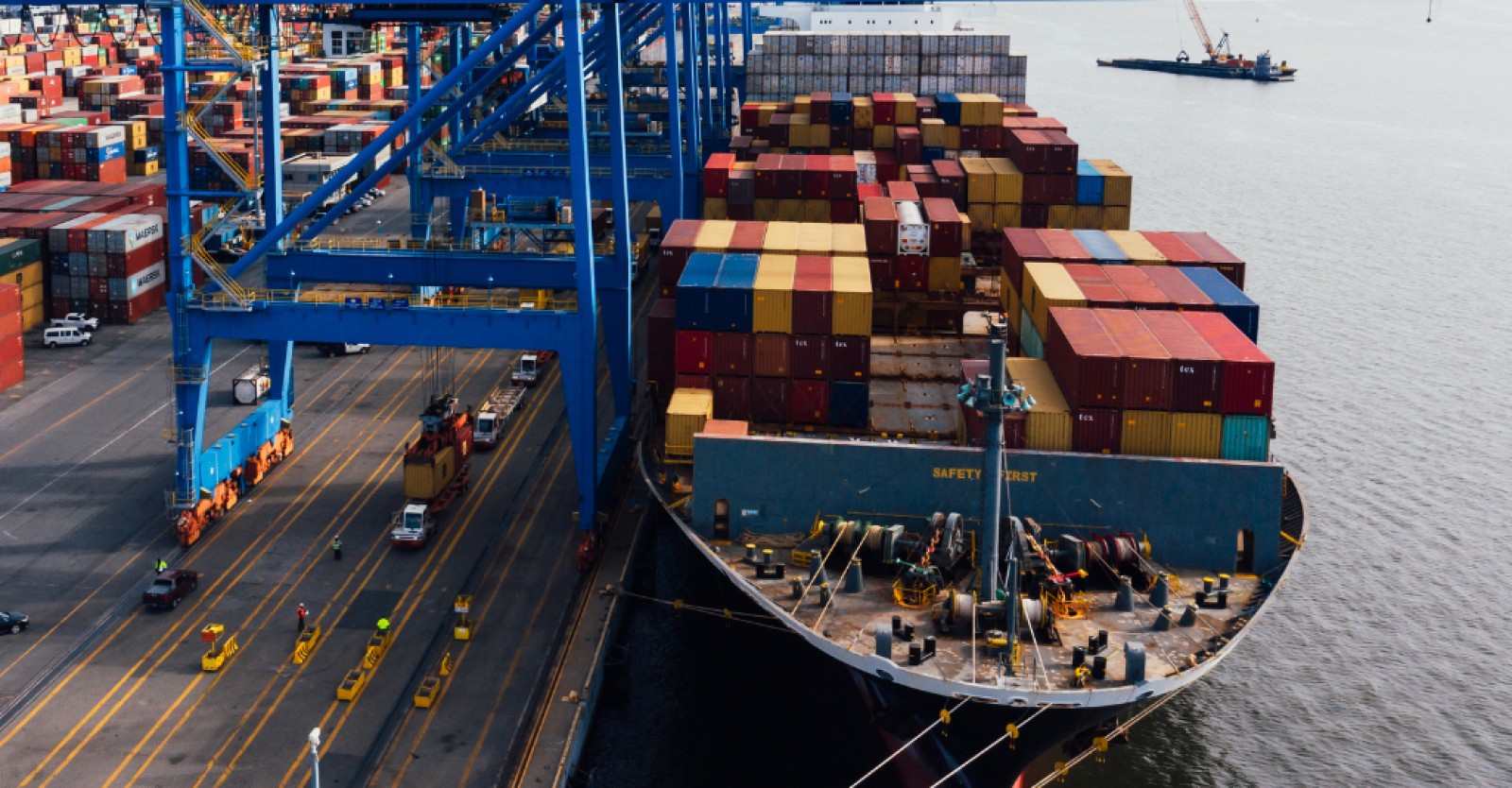
The sea is an integral component of global trade, carrying goods, raw materials and energy around the world. But its use comes with risks related to pollution, overexploitation of marine resources and maritime safety issues that must be managed carefully.
To meet these concerns, maritime alliances work to improve sustainable shipping practices and foster global collaboration. In this article, we'll look at the benefits of maritime alliances as a solution and whether it could be right for your company.
Over recent years, ocean carriers worldwide have established various alliances. Solely as a result of these companies joining forces, costs associated with operating a fleet can be divided among themselves, providing significant cost-cutting for both themselves and for industry as a whole. Over 67% of costs associated with running shipper's operations go toward operational expenses like bunker costs and port charges, creating considerable benefits to industry as a whole.
Alliances provide members with more consistent rates by sharing fuel costs among themselves, providing more consistent pricing structures for them as a group. When demand allows or profits become threatened, members will typically come together to set General Rate Increases (GRIs), which theoretically help to stabilize prices back at more predictable levels.
Alliances help shippers reduce shipping costs by pooling vessels to streamline scheduling and better utilize each member's vessel, thus decreasing the need to replace vessels that are no longer as necessary.
With these advantages, maritime alliance systems are rapidly becoming an essential element of global ocean supply chains.
Ocean alliance membership brings numerous advantages for carriers, such as accessing a larger fleet of containerships allowing them to increase service frequency and coverage across global routes.
Shipping alliances also help increase capacity utilization by decreasing ship requirements for each trade corridor and thus cutting port fees and operating expenses, as well as improving carriers' abilities to offer higher quality services in the long term.
Ocean carriers must strive to create an enjoyable shipping experience for their customers and promote greater levels of loyalty and repeat business. Achieve high customer satisfaction can help achieve greater loyalty from clients as well as ensure repeat orders from them.
Failing to honor their commitments can damage both their own image and that of other stakeholders in the industry, including cargo owners, freight forwarders, and port terminals.
Therefore, all stakeholders must work collaboratively in order to enhance the customer experience and increase quality service delivery. Carriers and their partners must be capable of managing international transportation logistics effectively in order to accomplish this objective.
Ocean carriers transport most of the world's trade. These global alliances share capacity on key East-West routes and together account for around 80% of container shipping capacity worldwide.
One of the greatest attractions of these agreements is their ability to offer more favorable tariffs than individual carriers could. Instead of charging various rates to their customers, alliances set an average price per trade lane they cover; this makes selecting carriers who best suit a shipment much simpler for companies.
Members of a maritime alliance can also gain from pooling their operating costs. This feature of a global SA is beneficial in mitigating variable operating costs caused by economic and political conditions in various regions; carriers may pass along such costs through lower prices in response to decreased economic activity or political unrest, for instance.
As such, having an organized network of shippers fighting on behalf of their customers can significantly lower the cost of international freight services for both individuals and larger businesses. This saves both time and money, and also allows companies to make strategic decisions leading to improved results.
Another major benefit of shipping alliances lies in their ability to increase coverage for their members' service networks. By connecting services across continents and including feeder routes, alliances can create economies of scope for themselves.
One of the key advantages of maritime alliances for shipping is their ability to deploy mega ships. These large vessels offer advantages in terms of both cargo delivery and transit time; moreover, their greater fuel efficiency results in reduced carbon footprint compared to smaller vessels.
When markets are weak, shipping carriers often look for larger vessels to increase capacity and cut costs. With extra capacity in hand they can then use this additional coverage for more routes or provide faster service.
While this investment may seem substantial, its purpose is crucial in maintaining an efficient logistics chain - especially if your cargo entails high value or is time sensitive.
With close to 2 decades of experience, Al Nowras has now established itself as one of the leading logistics firm offering Sea Freight in Oman and all across the globe. The company design and deliver efficient logistics solutions to cater customers from various industries. There are a number of ways in which sea freight in GCC can be transported:
Sea freight is economically and environmentally superior to other forms of product delivery service, but only if you are looking to transport large quantities or if the destination country is far away.
With a high level of integration with all major carriers, Al Nowras provides a unique sea freight offering in the industry.
ervices cover a very broad spectrum including international freight forwarding by Sea along with customs clearances.
Copyright 2025 Al Nowras Logistics Solution